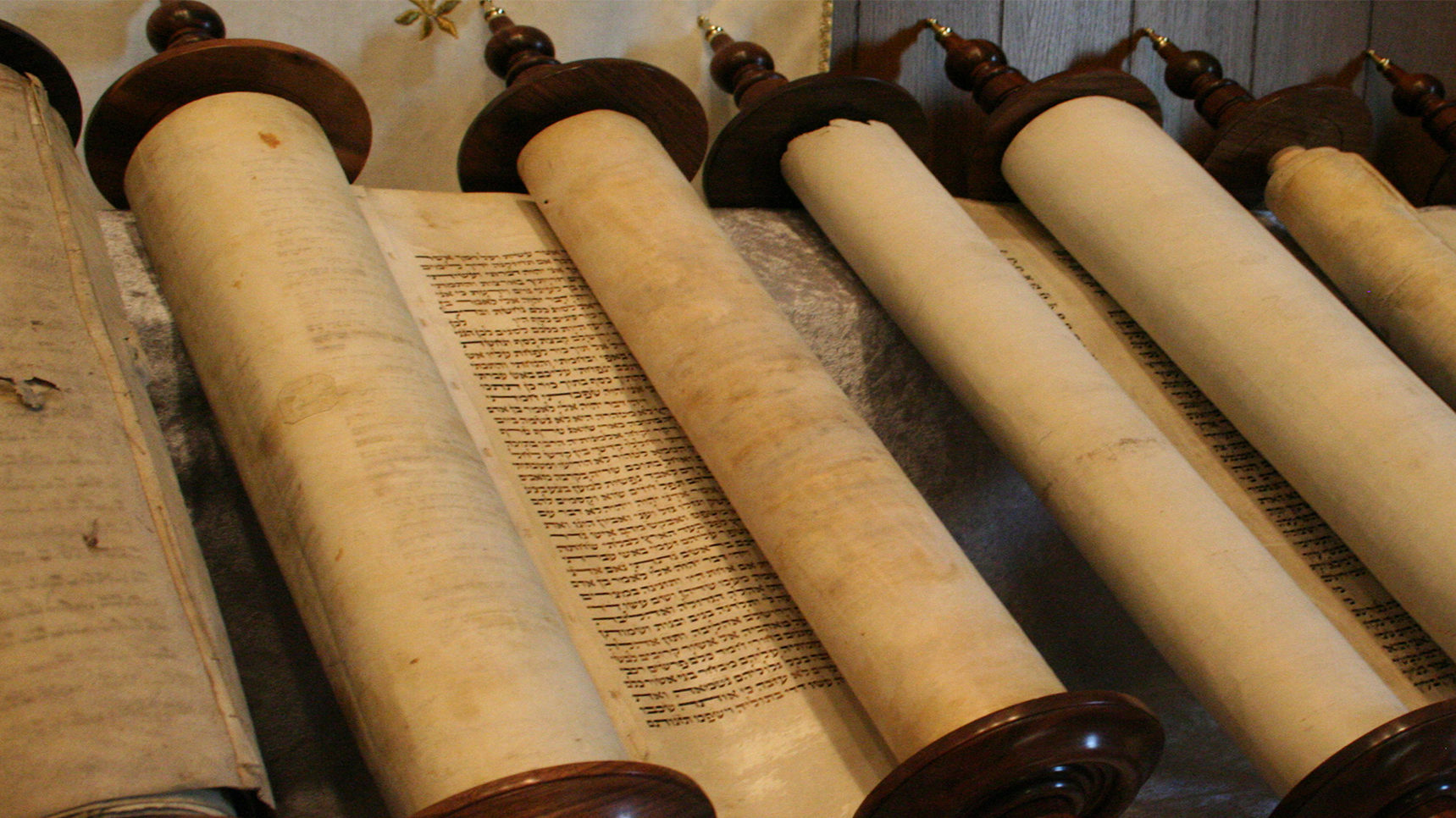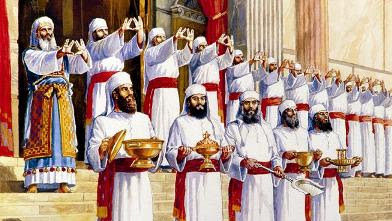The first consideration is of the nature of Melchizedek himself. To be truly without father or mother would infringe upon humanity. Adam and Eve were the only ones without father or mother (yet Luke and Genesis both state their origins). Earlier in the Hebrews letter, the writer establishes Jesus’ humanity. His humanity and his sonship require either father or mother. We see no reason Melchizedek should be the only exception to origin in history, especially without any other historical documentation. Two other options are available for his identity: he is an angel, or he is a form of Jesus. As to the first of these approaches, Genesis identifies when angels appear as men. It is mum on Melchizedek. The angels appear for a temporal mission, whereas Melchizedek was on earth for long enough to rule a city and be well established. For the second alternate approach, the Hebrews writer identifies him as a “man” in verse 4. No other passage can support that Jesus dwelled among men other than his coming as messiah. His appearance in human form like the angels is possible. But if he was Melchizedek, then it would have been easier for the Hebrews writer to just say so. Melchizedek is compared to the Son of God instead of identified as God. His humanity is the best option to pursue.
So what does the phrase “without father, without mother” mean? If it does not apply physically then how does it apply? I believe the sentence uses parallelism. To be “without father, without mother,” and “without genealogy” ultimately mean the same thing. Having no genealogy is not the same as having no ancestors or heritage. It means that no record of generations is applied. This situation would be like the Levites in Nehimiah 7 who were excluded from the priesthood because of their lack of genealogies. Unlike the Levite priesthood, Melchizedek’s priesthood is not validated on the basis of genealogy. Hebrews 7 intends to show how Melchizedek’s priesthood is superior to Aaron’s. Moses and Aaron’s genealogies are provided in Exodus 6 at the beginning of their ministry. Jesus’ is also provided in Luke 3 at the beginning of His. We are not talking on a physical parenthood platform, but rather legal right to position. Melchizedek had no father or mother who gave him his priesthood. Similarly, Jesus has the legal right to the throne, but not by Aaron’s priesthood (Heb 7:14-19).
Now to the eternal nature of the priesthood. If we interpret this phrase as physical, then Melchizedek must be God himself. However if we understand it in limited context just like the other statements, then it is easier to handle. The dominant character trait is priesthood. It is probable, then, that all the descriptions of Melchizedek are actually focusing on his position more than his person. Beginning of life for a priesthood would require origin, and end of days implies a successor. His lack of “parenthood” may actually be about the origin of his priesthood rather than his person. Parallel to that, his position had no genealogy. The eternal nature of the priesthood has neither beginning nor end of days. Melchizedek was not eternal, but his priesthood was.
So how does Melchizedek retain an eternal priesthood? Does he still reign? If he does not, how does that strengthen the eternal argument? Firstly, Melchizedek is not an original pattern for Jesus. Conversely, it says that Melchizedek was made like the Son of God. It is the Son who defines the terms of a perpetual nature. If Jesus is perpetual, so is the priesthood that Melchizedek partakes of. Secondly, Melchizedek is never called a high priest, as Jesus is. Even if, for the sake of argument, Melchizedek and Jesus do “reign” simultaneously, Jesus’ duties are far superior and important. We are all called priests of God (1 Peter 2:5). Our duties are not more important than Jesus’. There should be no problem with Melchizedek sharing in the priesthood duties of the kingdom, even if we are not aware of the responsibilities. The perpetual quality is in contrast to Aaron’s priesthood. Perpetual does not by itself mean continuing on past the end of time. Perpetual can be applied to a limited time frame and imply a non-wavering or constant nature within a context. It may be that Melchizedek’s perpetual nature applied to his entire life, instead of just a portion of it. The OT priesthood had limits and requirements to service. A priest could only serve within a thirty year time frame of their life. After which they must retire and leave official service (Numbers 8:24-26). The High priesthood was to serve until death. The son of God’s eternal priesthood is not inhibited by age of individual. He serves without thought of retirement, since he is never to die again. Our priesthood continues perpetually as long as it is called “today.” Both options concerning the perpetual nature are valid.
There is mystery clouding Melchizedek. We do not know what his duties are, nor if/how he continues. We know that his priesthood was not based on bloodline. We know that his priesthood is perpetual (constant), giving way to Jesus’ eternal reign. He is in no way superior to Jesus, even though he was superior to Abraham. God is a god of the living, not the dead. Jesus says that Abraham is in a currently living state (John 8:56), so we have no reason to believe Melchizedek is any different. This gives us hope in our future that we may continue to serve in our priesthood before God and His throne throughout eternity.








